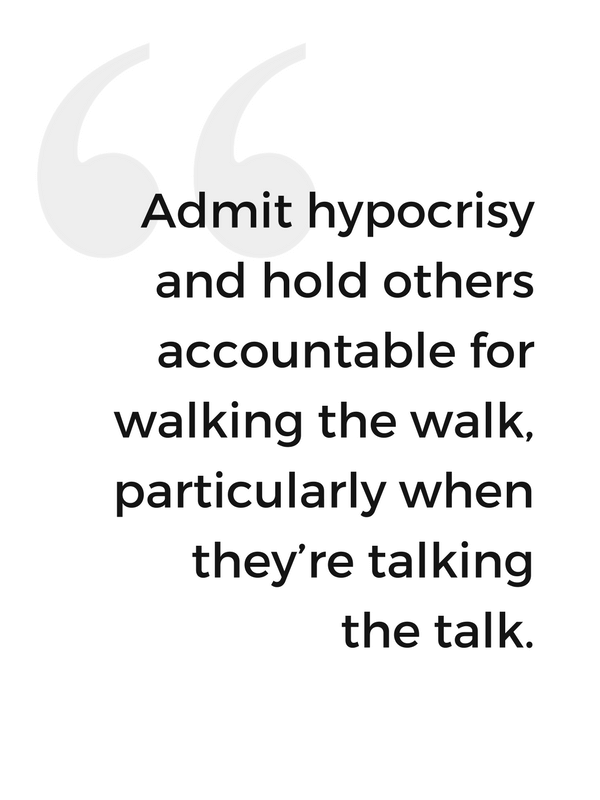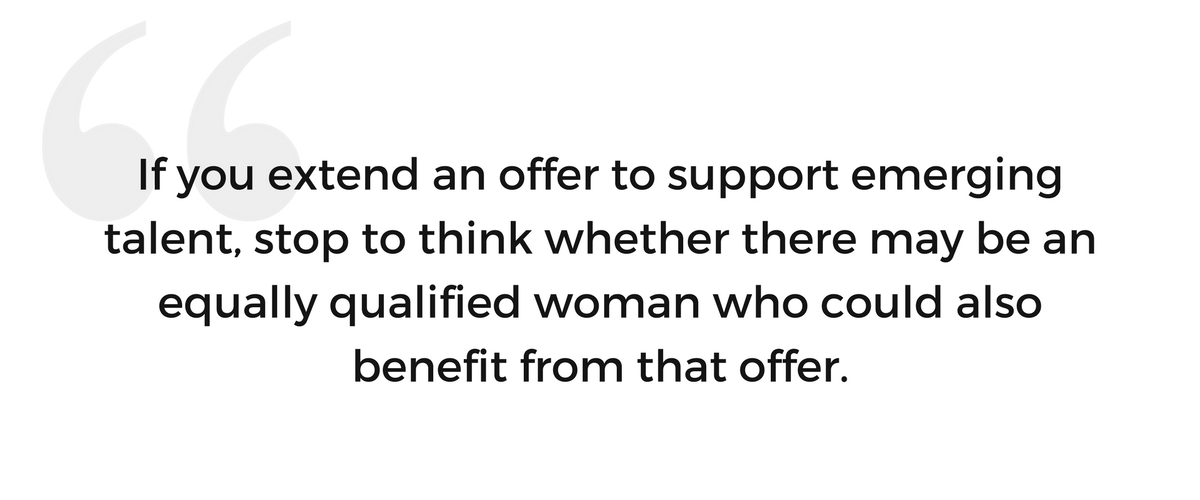 have felt strangely turned off by the recent conversation about sexual harassment in venture capital, and I finally understand why. For me, the commentary over the last few weeks has been a painful reminder that I might be seen as the weaker species.
have felt strangely turned off by the recent conversation about sexual harassment in venture capital, and I finally understand why. For me, the commentary over the last few weeks has been a painful reminder that I might be seen as the weaker species.
I was the victim of blatant, tabloid-style sexual harassment when I was first starting out in my career. I was even subject to some more subtle sexual harassment last week. It’s terrible for many reasons, but the most painful part of these experiences was the realization that these perpetrators saw me as inferior.

Since becoming the Chief Investment Officer for the female-focused MergeLane venture fund three years ago, I have had the opportunity to speak with hundreds of investors who invest in women because they think it is the smart rather than the “right” thing to do. I woke up this morning realizing that this recent sexual harassment conversation has made me feel the same way I’ve felt when investors invest in women because they think it is the “charitable” thing to do.
There have been well-intentioned suggestions that this is a human rights issue and wide-spread calls for more policies and procedures to protect women. I appreciate this deeply. I want to feel safe when I am working with men in our industry. I want to be as brave as the women who have come forward when I am sexually harassed.
Far more desperately, however, I want this change to occur because the venture capital industry truly values the contributions made by women. I want venture capitalists, LPs, and entrepreneurs to actually believe that gender diversity produces better returns. I want the effort to make venture capital a safe place for women to be driven by a genuine desire to invite more women to the table, rather than by a fear of litigation or public flogging.
For those of you who have kindly asked what you can do about this issue, here are a few suggestions:
- If you believe narrowing the gender gap will increase venture capital returns, share that view widely.
- Remember that an attempt to be a hero to a person or group of people may lead to a sense of paternalism or someone feeling like a victim. It is a subtle difference, but I think an offer to “support” is far more powerful than an offer to “protect” or “empower.”
- Consider equally effective alternatives to cumbersome policies and procedures. Especially in this industry, anything that slows progress is generally met with resentment and could potentially make things worse for women.
- Admit hypocrisy and hold others accountable for walking the walk, particularly when they’re talking the talk.
As an up-and-coming woman in venture capital, there are two specific things I wish people would do:
1. Ask women to speak on non-gender related topics. I’m asked to speak about gender issues roughly ten times as frequently as I’m asked to speak about genderless business issues. I’d like to have more opportunities to be seen for my strengths as a venture capitalist.
2. If you extend an offer to support emerging talent in the venture capital ecosystem, stop to think whether there may be an equally qualified woman who could also benefit from that offer. As an example, some of the best venture capital networking opportunities involve skiing or golfing. I am an expert skier and my business partner is an expert golfer, but I am not sure if we are as top-of-mind as our male counterparts for these opportunities.
 And for whatever it is worth, writing this post has made me completely re-energized and refocused on achieving the best returns possible for the MergeLane venture fund. Thank you to all of you who believe making venture capital a safe place for women will increase venture capital performance. I look forward to proving you right.
And for whatever it is worth, writing this post has made me completely re-energized and refocused on achieving the best returns possible for the MergeLane venture fund. Thank you to all of you who believe making venture capital a safe place for women will increase venture capital performance. I look forward to proving you right.
This originally published on MergeLane’s blog.



